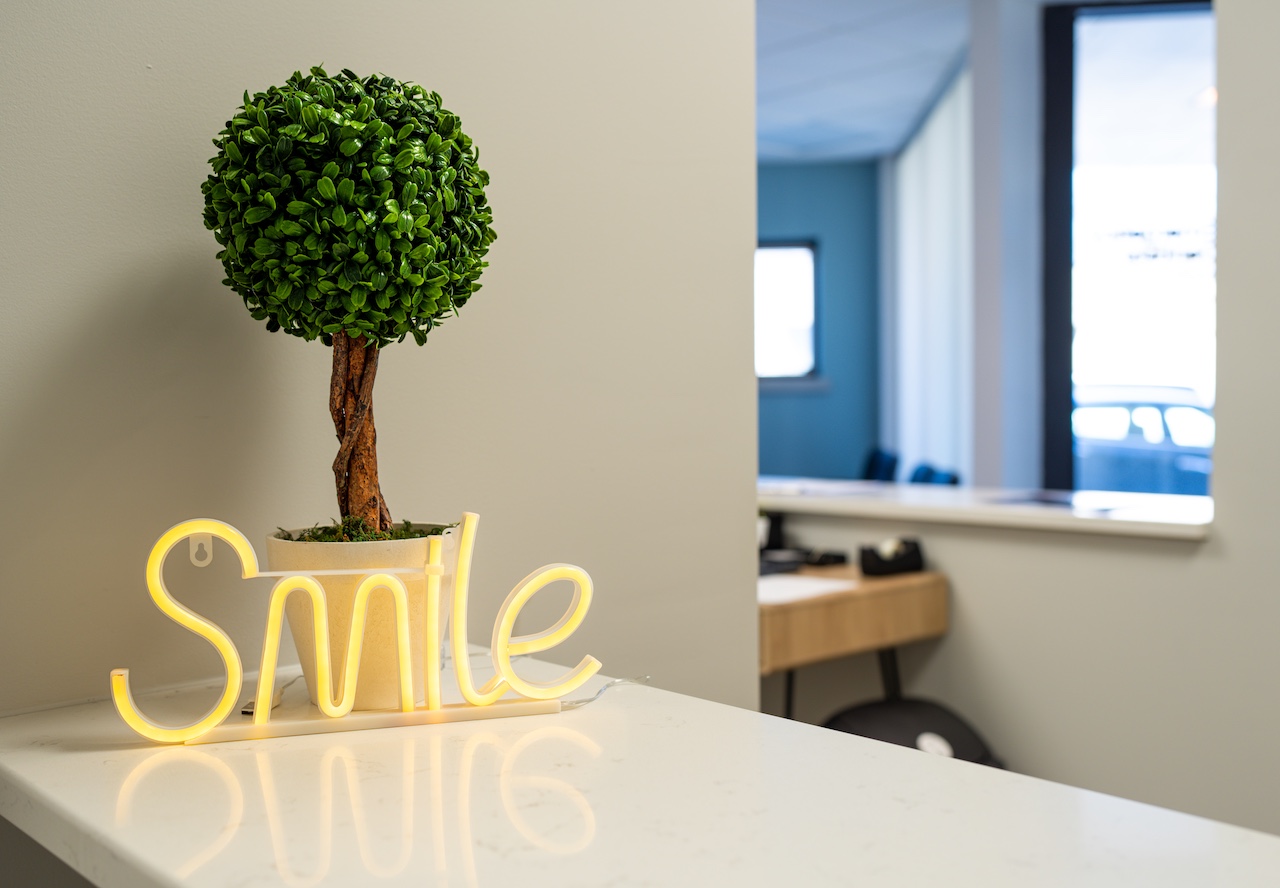Introduction: Why Am I Experiencing Pain After My Dental Filling?
Dental fillings are a standard solution for treating cavities and are designed to restore the look and function of teeth affected by decay. By sealing off the damaged area, fillings protect against further decay and help alleviate pain or sensitivity from cavities. Yet, it’s not unusual for some patients to feel lingering discomfort or sensitivity after the procedure, prompting the question, “Why does my dental filling hurt?”
If you’re feeling discomfort following a recent filling, there may be several reasons behind it. In this blog, we’ll discuss possible causes of post-filling pain, what level of discomfort is normal, and when it might be a good idea to consult your dentist at Emergency Dental of Kansas City.
Why Am I Experiencing Pain After My Dental Filling?
Temporary Sensitivity After the Procedure
Feeling some sensitivity after a filling is normal as your tooth adjusts to the restoration. When a cavity is deep, the tooth’s enamel and underlying tissues may need time to settle. This often causes brief sensitivity, especially to hot, cold, or sweet foods, and usually fades within a few days to a week.
Bite Imbalance from a High Filling
If a filling is slightly too high, it can affect your bite, leading to discomfort when you chew or bite down. This occurs when the filling doesn’t sit evenly with the rest of your teeth. If you’re feeling pain mainly while biting, consider visiting Emergency Dental of Kansas City, where our dentists can quickly adjust the filling to restore your bite’s proper balance.
Nerve Irritation Due to Deep Decay
Extensive decay can reach close to the tooth’s pulp, where nerves are located. The drilling and filling process can irritate or inflame the nerve, particularly with deep fillings. Some patients with deep fillings report a throbbing or sharp pain, which often improves as the inflammation subsides. If the pain persists or worsens, it’s best to come in for an evaluation to rule out additional complications.
Cracks or Leakage Around the Filling
Over time, some fillings may develop minor gaps or cracks where bacteria can enter. This may happen due to chewing hard foods, grinding, or natural wear and tear. If bacteria become trapped under the filling, it can lead to infection and subsequent pain. If you suspect any cracks or gaps, it’s best to visit Emergency Dental of Kansas City for an assessment and preventive care.
Further Decay or Infection Underneath the Filling
If decay was severe or challenging to remove, infection may still develop beneath the filling. Pain, sensitivity to hot or cold, swelling, or a bad taste in the mouth may be signs of lingering infection. Addressing this quickly can prevent more severe issues; sometimes, a root canal is needed to save the tooth.
When to Call Emergency Dental of Kansas City
Monitoring the type and duration of discomfort after a filling is key. While mild sensitivity is expected, you should contact Emergency Dental of Kansas City if:
- Pain lasts more than a week or is getting worse.
- You experience sharp, persistent pain that won’t go away.
- The filling feels too high, or your bite feels unbalanced.
- You notice swelling, signs of infection, or an unusual taste.
Our Kansas City team can evaluate your symptoms, determine the cause of your pain, and provide a solution to help you get back to comfort. Addressing these issues early can prevent complications and help you return to a pain-free smile.
FAQ Section
How long should pain after a filling last?
It’s typical to feel mild sensitivity for a few days to a week after a filling. For deeper fillings, sensitivity might last up to two weeks. If the pain persists or intensifies, contact Emergency Dental of Kansas City.
How can I relieve pain at home after a filling?
Try using toothpaste for sensitive teeth and avoid extreme temperatures in foods and drinks. Over-the-counter pain relievers can ease mild discomfort, and chewing on the opposite side may help reduce irritation.
Can pain start months after a filling?
Yes, delayed discomfort can arise due to bite misalignment, cracks in the filling, or infection beneath it. If you experience pain or sensitivity months after a filling, call us for an evaluation.
Conclusion: Why Am I Experiencing Pain After My Dental Filling?
Post-filling discomfort can be frustrating, but often, it’s a temporary part of the healing process. Common reasons for pain include normal sensitivity, bite imbalances, or nerve irritation. However, if pain persists or you notice signs of infection, contact Emergency Dental of Kansas City for help.
Our team is dedicated to your comfort and care. If you’re dealing with post-filling pain, contact us today for a quick diagnosis and effective relief. We’re here to help you maintain a healthy, pain-free smile! Thank you for reading “Why am I Experiencing Pain After My Dental Filling?”.
Stay up-to-date with the latest in dental health and wellness by connecting with us on social media! Follow us on Instagram and Facebook for regular updates, tips, and insights to keep your smile bright and healthy. Join our community today and be a part of our journey towards better oral health.

